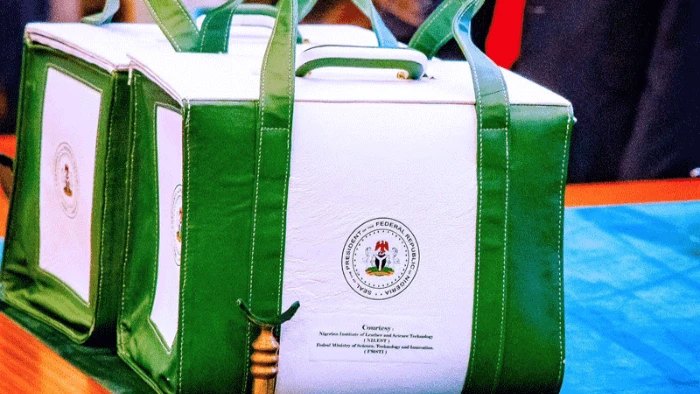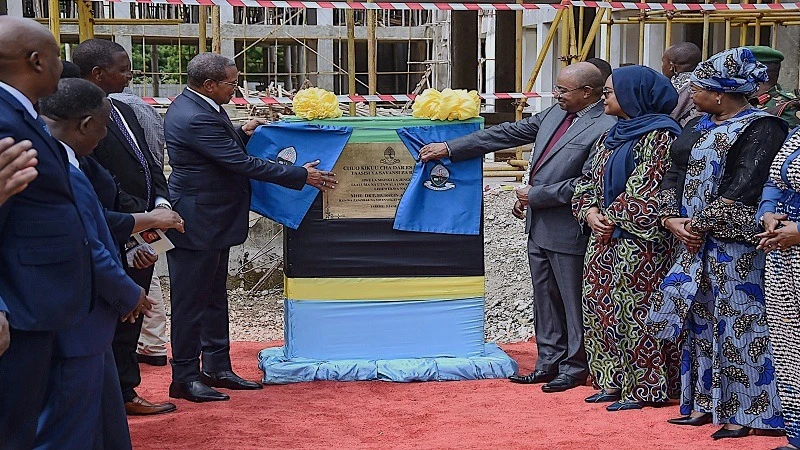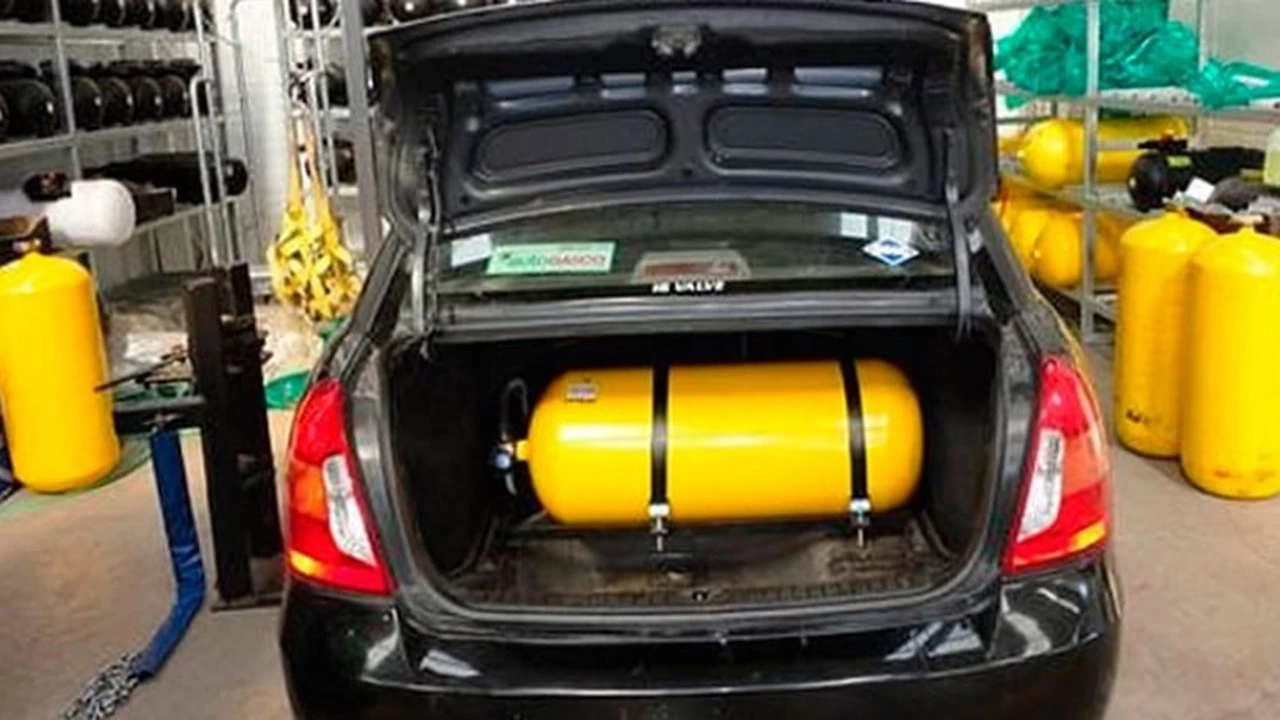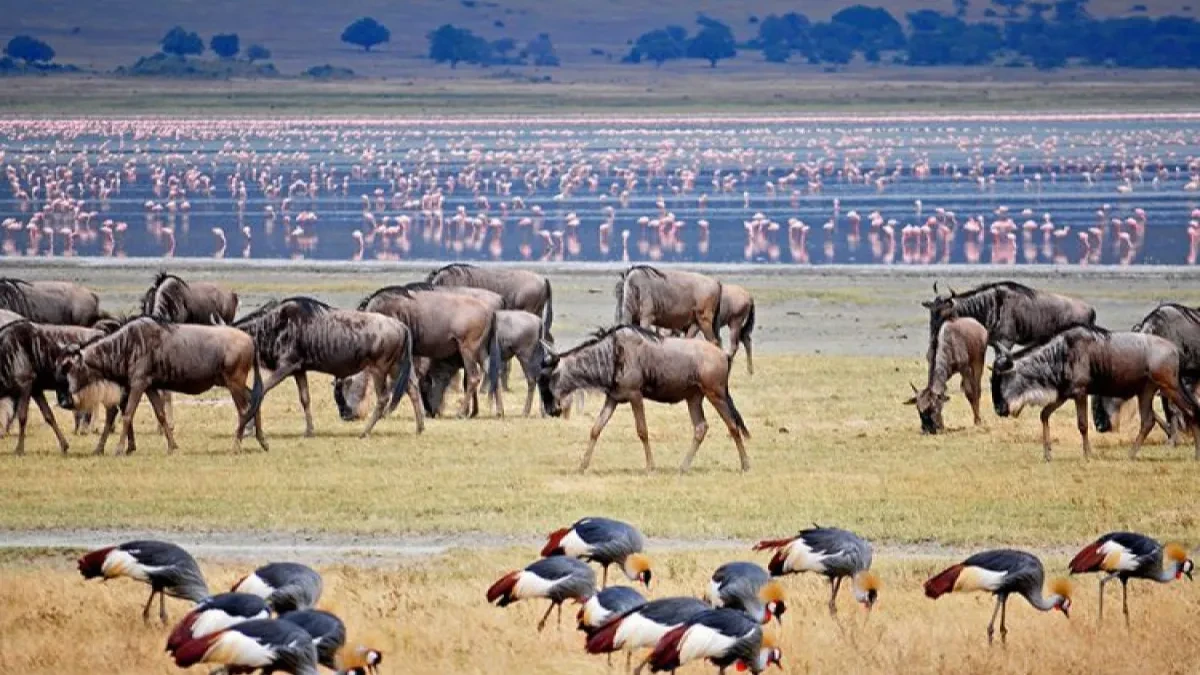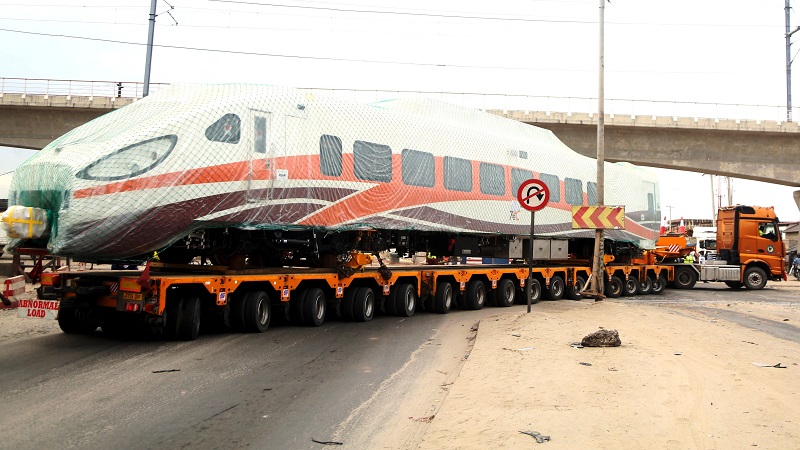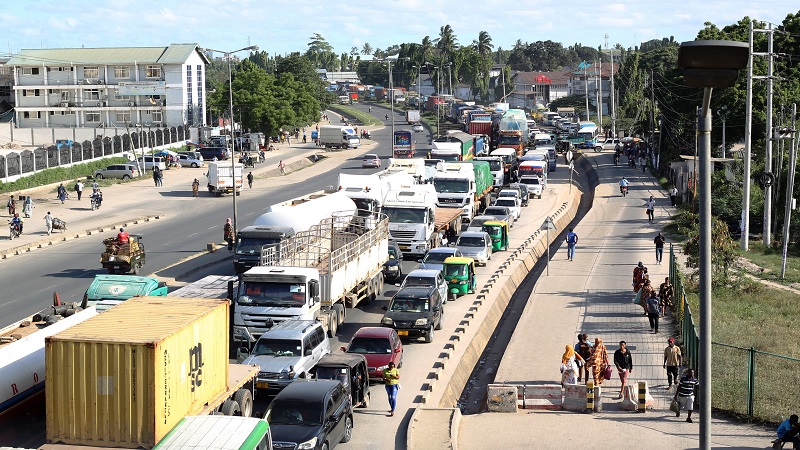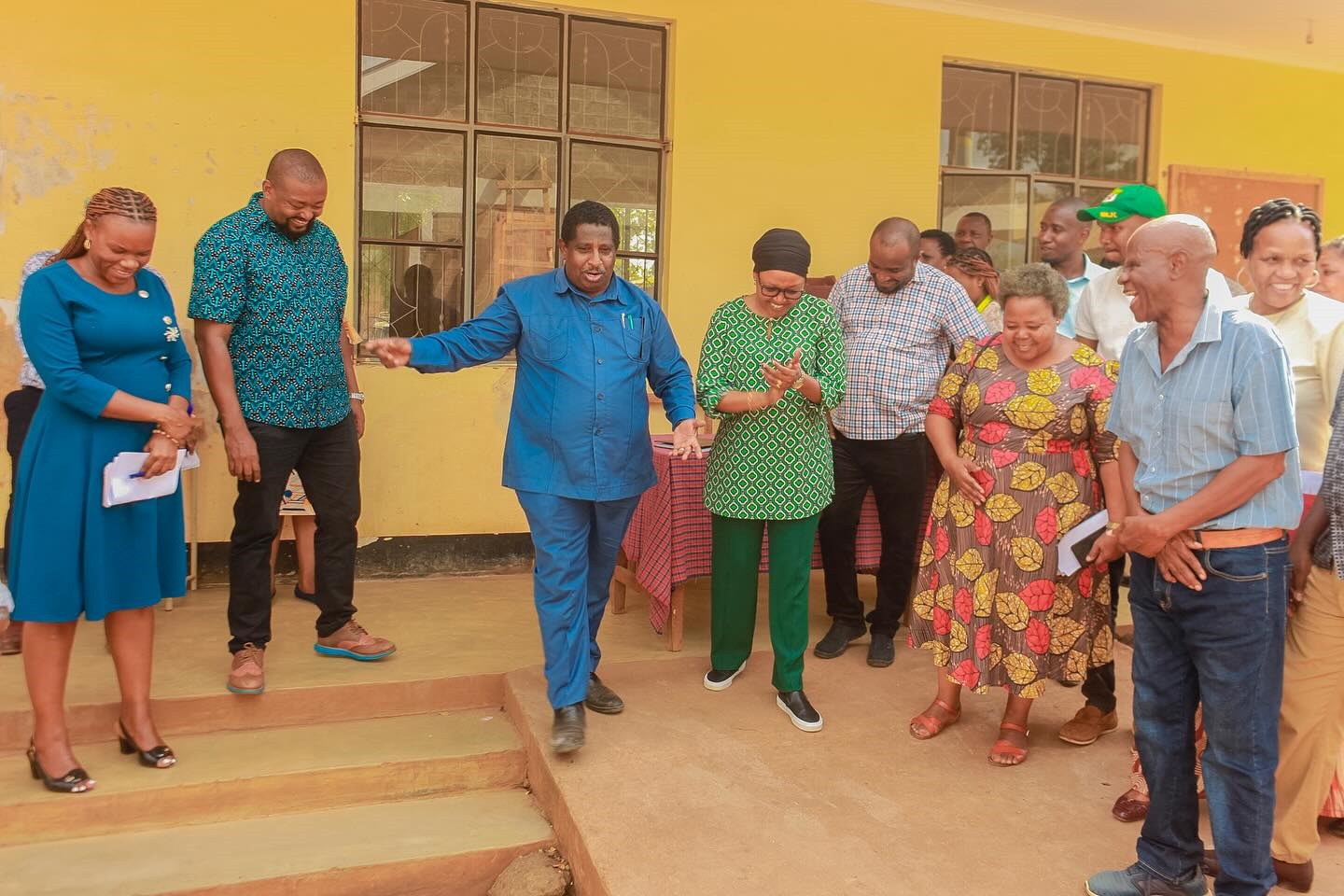Stakeholders call for special budget to heighten early warning systems
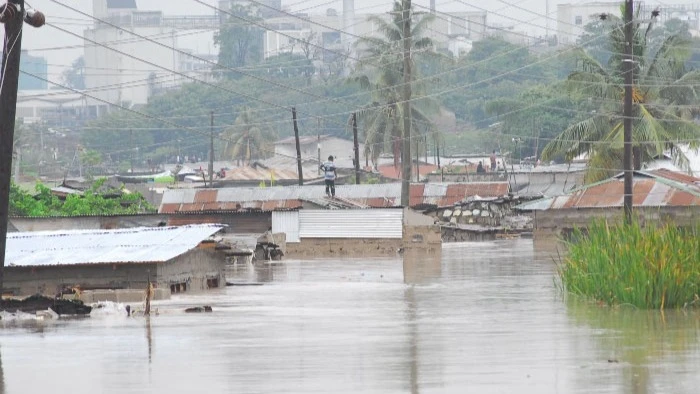
STAKEHOLDERS have urged the government to establish a dedicated budget for early warning systems to strengthen disaster preparedness across Tanzania.
The call was made recently during the closure of the second phase of the Daraja Project, which aimed to raise weather education and awareness among residents in Kombo Street, Ilala District, Dar es Salaam.
During the event in Dar es Salaam, Dr Tim Ndezi, Executive Director of the Centre for Community Initiatives (CCI), emphasised the importance of providing the public, especially those living in vulnerable areas, with accurate weather information.
He stated that such information would help communities prepare for extreme weather events like floods, storms, and droughts, reducing the potential negative impacts and building resilience.
The Daraja Project, supported by the German Development Cooperation (GIZ) under IKI small grants, reached over 4,000 residents in the Kombo settlements near the Msimbazi River. The initiative focused on improving public understanding of weather and climate issues to help residents make informed decisions in their daily activities.
Dr. Ndezi pointed out that while the government currently allocates funds for disaster management, investing in early warning systems is just as crucial. These systems would provide timely and accurate weather forecasts, enabling communities to take precautionary actions and minimize the loss of life, property, and livelihoods.
“The government must invest in early warning systems to help residents prepare for natural disasters,” Dr Ndezi said. “These systems can save lives, protect property, and reduce economic losses caused by climate-related events."
He highlighted that early warning systems are essential for reducing the loss of life, property, and livelihoods, particularly in communities that are vulnerable to extreme weather events such as floods, droughts, and storms.
By providing timely and accurate weather forecasts, these systems can help communities prepare in advance, minimizing the disruption caused by natural disasters.
Dr Ndezi also stressed the importance of equipping local authorities and residents with the tools and knowledge necessary to respond effectively to early warnings. He advocated for public education campaigns to raise awareness about how to interpret and act on weather alerts.
The call for a dedicated budget for early warning systems aligns with global trends, where proactive disaster risk reduction is seen as more effective and cost-efficient than reactive emergency responses.
By investing in early warning systems, Tanzania can strengthen its resilience to climate change and extreme weather events, ultimately safeguarding its citizens and infrastructure.
Reports show that Dar es Salaam is among 15 new Africa’s rapidly expanding cities that face huge threats from climate change over the next 30 years.
Joyce Makwata, Head of Public Weather Services at TMA, said implementation of Daraja project has greatly helped improve awareness of weather issues among the public hence reducing disaster impacts.
She encouraged other stakeholders to come forward and support projects aimed at improving weather reports utilistation among the public to have a public which is well informed of daily climate to make right decisions and promote economic development.
She said that the authority has been timely furnishing the public with accurate weather information and warnings but the challenge remains on how they utilize the information.
He commended CCI for implementing the project saying that it has come at high time when the government is investing heavily in improving infrastructures so as to further increase accuracy of weather information.
Husna Chechonge, from Tanzania Urban Poor Federation (TUPF) also commended CCI for the project which has greatly helped stimulate access of weather information among the population in informal settlements.
She hailed the increasing efforts of stakeholders to enhance the knowledge and understanding of the populace regarding weather information.
“Weather and climate information is not much understood by people especially in informal settlements, so my appeal to TMA and other hazardous departments is to invest more in awareness programmes, going street to street whenever needed to educate residents,” she said.
She also urged the government, stakeholders and the public to also focus on initiatives that promote rain water harvesting so as to increase water access but also prevent flooding.
Athuman Mussa, Kombo Mtaa Chairman said the project has brought huge relief to his residents who for years have grappled especially during heavy rains.
“Many ended up losing their properties due to floods, but things are different now because they get ample time to prepare themselves to overcome weather challenges by getting information earlier,” he said.
CCI programme officer, Prudensiana Luckago said the project which commended in 2023 and completed December 2024, aimed to address vulnerability to extreme weather and climate impacts on the informal urban settlements.
“Our aim was to increase understanding of weather issues and information among the public and ensure that the residents effectively use information on weather forecasts to mitigate climate change related disasters,” she said.
In particular, the project aimed at improving accessibility, understanding and mobilisation on the importance and use of weather and climate information, enabling them to take measures to reduce impacts of weather events including floods, extreme heat and others ” she explained
According to her, vulnerability to extreme weather and climate impacts is rapidly growing in informal settlements where the majority of the residents lack basic infrastructures and services including drainage.
Top Headlines
© 2025 IPPMEDIA.COM. ALL RIGHTS RESERVED











